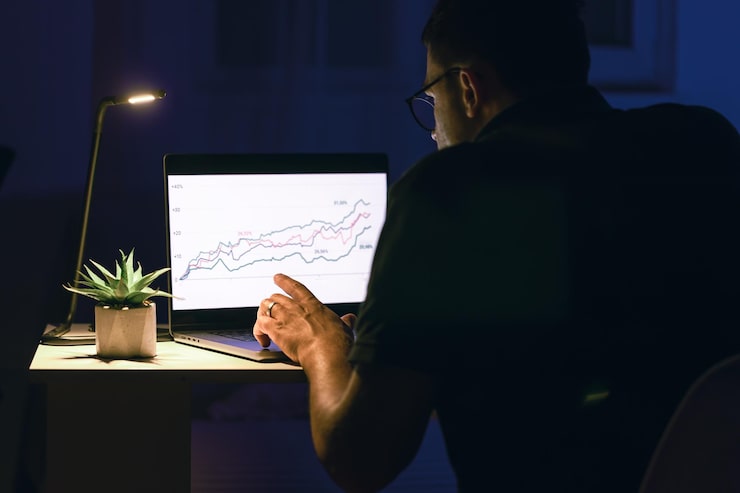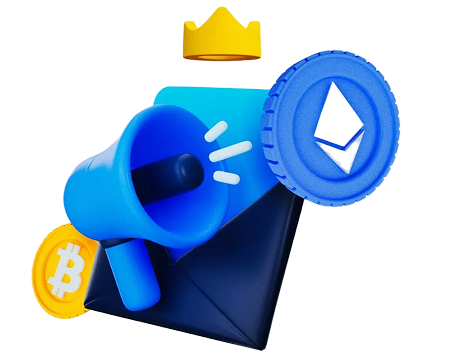Beginner Tips
Starting your trading journey can feel overwhelming, but it doesn’t have to be. Our beginner tips are designed to break down gold and crypto trading into simple, actionable steps so you can start safely and build your confidence along the way.
From opening your first account or making your first trade, these tips will help you avoid common mistakes and focus on strategies that work.
- Start with a demo account: Practice with virtual funds before committing real money.
- Understand basic charts: Learn how to read candlesticks, trends, and support/resistance.
- Use proper risk management: Never risk more than 1–2% of your account per trade.
- Choose a trusted broker: Regulation, low fees, and beginner-friendly platforms are essential.
- Trade small at first: Begin with micro-lots or smaller amounts to reduce risk.
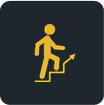
Our Mission
To make gold and crypto trading accessible by providing clear guidance, reliable information, and practical tools. We aim to support traders at every level with straightforward resources that simplify complex markets.
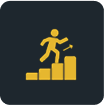
Our Vision
To become the most trusted online destination for gold and crypto trading education, helping traders worldwide grow their knowledge, improve their strategies, and stay ahead of market opportunities.
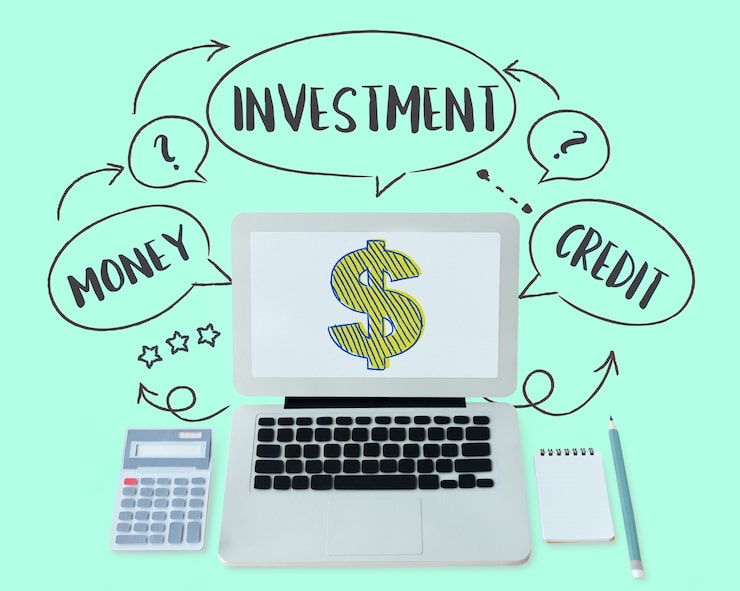
Pros
- Access to markets with small deposits
- Abundant free learning resources
- Demo accounts allow risk-free practice
- Potential for long-term financial growth
Cons
- High risk of losses without proper education
- Overuse of leverage can wipe out accounts quickly
- Emotional trading often leads to mistakes
- Difficult to identify trustworthy brokers as a beginner
Frequently Asked Questions
How much money do I need to start trading?
You can start with as little as \$50–\$100 at some brokers, but a balance of \$500+ gives more flexibility and stability.
Should I trade gold or crypto first?
Gold is generally less volatile than crypto, making it easier for beginners to learn core skills before moving into riskier assets.
Do I need to understand technical analysis?
At the beginner stage, focus on basics like trendlines and support/resistance. You can learn advanced indicators over time.
Is trading suitable for U.S. beginners?
Yes, but U.S. traders often face restrictions on certain products (like CFDs). Beginners should look at regulated futures, ETFs, or U.S.-compliant brokers.
How do I avoid beginner mistakes?
Start small, stick to your strategy, and avoid overtrading. Keeping a trading journal is also a proven way to improve.
Getting started in trading doesn’t have to be intimidating. By focusing on the basics, like choosing the right broker, managing risk, and trading small, you set yourself up for steady growth rather than unnecessary losses.

